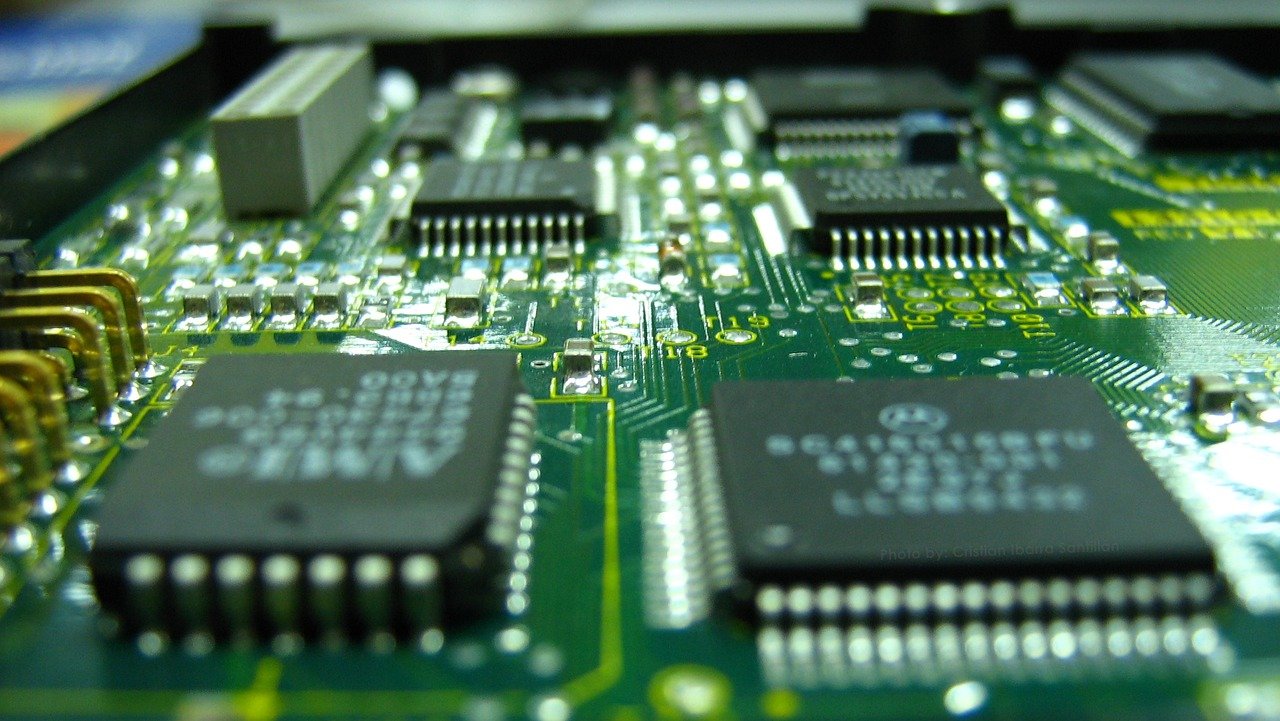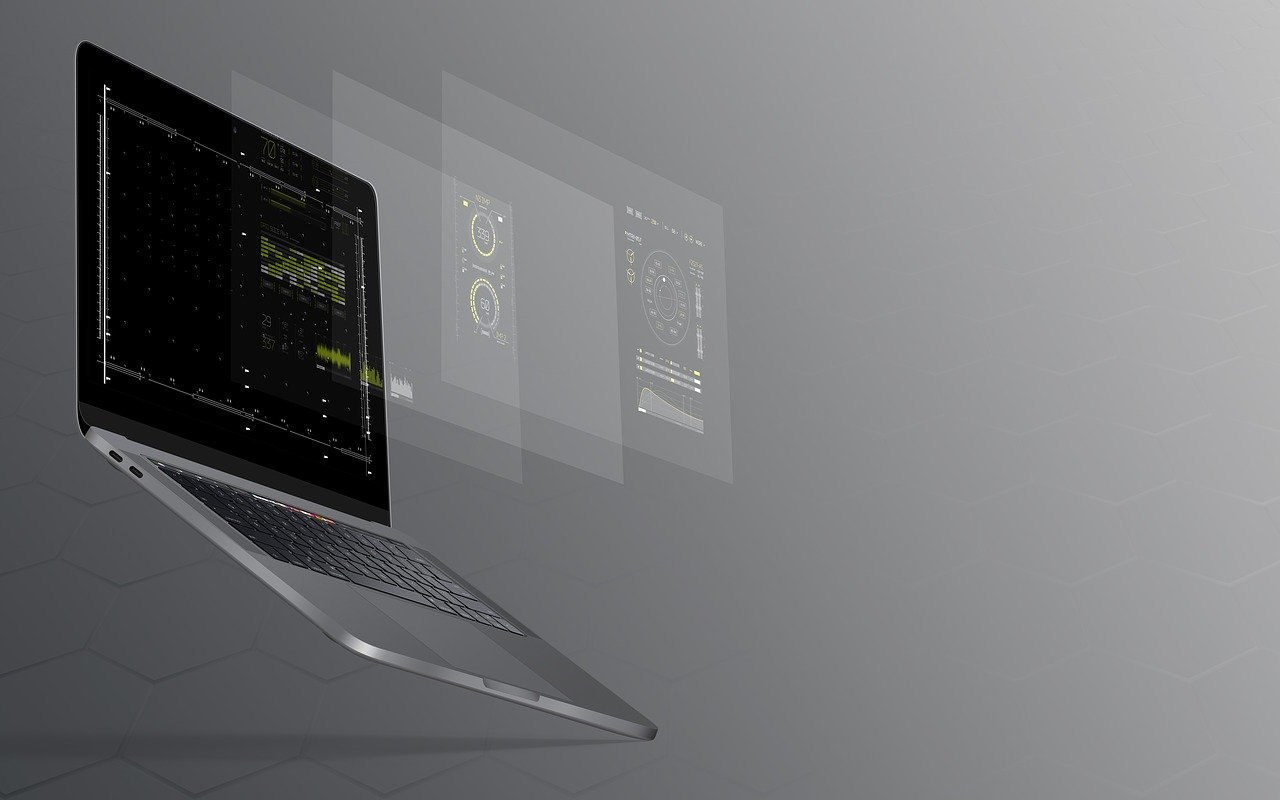When it comes to cooling your home, you have a few options to consider. Two of the most popular choices are evaporative cooling systems and traditional air conditioning systems. Both have their own set of advantages and disadvantages, making it a bit challenging to decide which one is best for your needs. In this guide, we’ll delve into the specifics of each system, comparing them across various factors to help you make an informed decision.
Understanding Evaporative Cooling Systems
Evaporative cooling systems, also known as swamp coolers, operate on a simple yet effective principle: the cooling power of evaporation. These systems draw warm outside air through water-saturated pads, causing the water to evaporate and cool the air. This cooled air is then circulated throughout the home.
Key components of an evaporative cooling system include a fan, water reservoir, pump, and cooling pads. One of the main advantages of choosing an evaporative cooling system is its energy efficiency. These systems use significantly less electricity than traditional air conditioners because they don’t rely on energy-intensive compressors. They also add moisture to the air, which can be beneficial in dry climates.
However, evaporative coolers have some downsides. They are most effective in hot, dry climates and less so in areas with high humidity. Additionally, they require a consistent water supply and regular maintenance to prevent mold and mildew growth on the cooling pads.
Understanding Air Conditioning Systems
Traditional air conditioning systems, often referred to as central air conditioners, work by removing heat from indoor air and expelling it outside. They use a refrigerant cycle involving a compressor, condenser, and evaporator to achieve this cooling effect.
The primary advantage of air conditioning systems is their ability to provide consistent, powerful cooling in a wide range of climates, including humid environments. They also offer better control over indoor humidity levels, which can improve overall comfort.
However, air conditioners are more energy-intensive than evaporative coolers, leading to higher electricity bills. They also require regular maintenance, including filter changes and refrigerant checks, and have a larger environmental footprint due to their higher energy consumption and use of refrigerants.
Cost Comparison
When it comes to costs, both initial and ongoing expenses should be considered. Evaporative cooling systems typically have a lower upfront cost compared to traditional air conditioners. Installation is generally simpler and less expensive because they don’t require extensive ductwork or electrical modifications.
Operating costs for evaporative coolers are also lower. They use less electricity, which can result in significant savings on your energy bills, especially during the hot summer months. Maintenance costs are usually minimal, involving periodic cleaning and replacement of the cooling pads.
On the other hand, air conditioners have higher installation costs due to the complexity of the system and the need for professional installation. Operating costs are higher because of the electricity required to power the compressor and other components. Maintenance costs can also add up, including regular servicing to ensure the system runs efficiently.
Environmental Impact
Energy consumption and efficiency are critical factors in assessing the environmental impact of cooling systems. Evaporative coolers are more environmentally friendly because they use less electricity and do not rely on chemical refrigerants. Their water consumption is a consideration, but in dry climates where they are most effective, the trade-off is generally acceptable.
Air conditioners have a higher environmental impact due to their energy usage and the refrigerants they use, which can contribute to greenhouse gas emissions if not properly managed. Advances in technology have led to more energy-efficient models, but they still consume more power compared to evaporative coolers.
Effectiveness in Different Climates
Climate plays a crucial role in determining the effectiveness of cooling systems. Evaporative cooling systems excel in hot, dry climates where humidity levels are low. They are less effective in humid climates because the evaporation process is hindered by the already moisture-laden air.
Air conditioning systems are versatile and effective in a wide range of climates, including hot and humid environments. They offer reliable cooling regardless of outdoor humidity levels, making them suitable for regions with varying weather conditions.
Maintenance and Longevity
Routine maintenance is essential to keep any cooling system running efficiently. Evaporative coolers require regular cleaning of the water reservoir and cooling pads to prevent mold and mildew growth. The pads need to be replaced periodically, typically every few months during peak usage.
Air conditioners also require regular maintenance, including filter changes, cleaning of the coils, and checking the refrigerant levels. These tasks are crucial to maintaining efficiency and preventing breakdowns. While air conditioners may have higher maintenance costs, they generally have a longer lifespan if well-maintained.
Comfort and Air Quality
Indoor air quality and overall comfort are important considerations. Evaporative coolers improve air quality by adding moisture, which can be beneficial in dry climates. However, they can also introduce pollen and other outdoor allergens into the home if not properly filtered.
Air conditioners, with their advanced filtration systems, can improve indoor air quality by removing dust, pollen, and other pollutants. They also offer better control over humidity levels, which can enhance comfort, particularly in humid climates.
Conclusion
Deciding between an evaporative cooling system and a traditional air conditioning system depends on various factors, including your climate, budget, and personal preferences. Evaporative coolers are energy-efficient and environmentally friendly, making them an excellent choice for dry climates. However, if you live in a humid area or need consistent, powerful cooling, an air conditioning system may be the better option.
Consider your specific needs and circumstances when choosing a cooling system. Visiting multiple providers, reading reviews, and consulting with HVAC professionals can help you make the best decision for your home. Both systems have their merits, and selecting the right one will ensure a comfortable, cool living environment for years to come.







